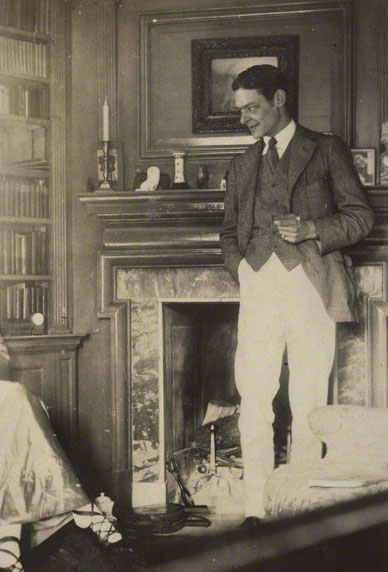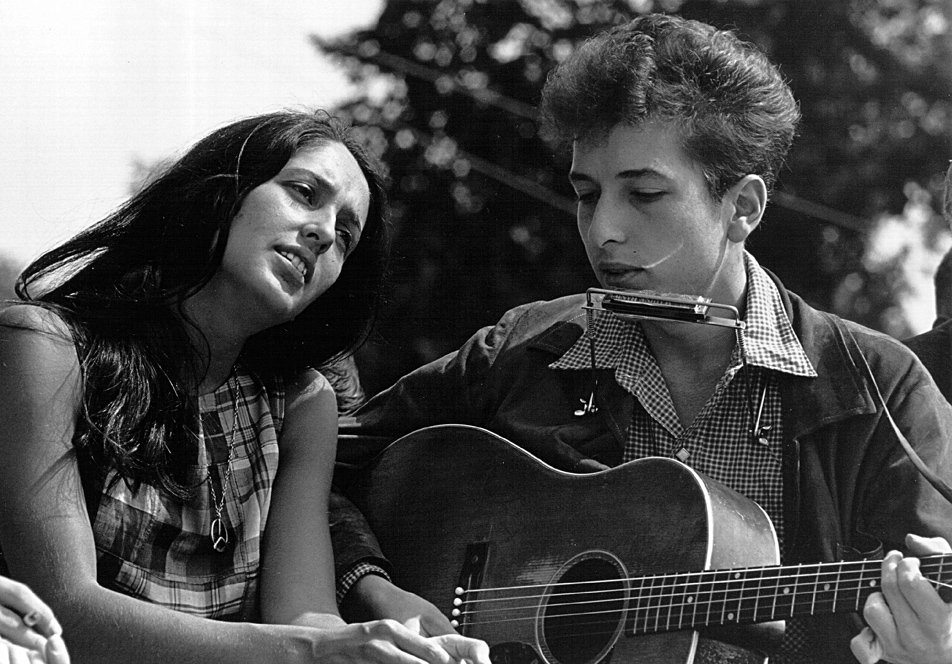Posted: 07/30/2013 Huff Post Books
Professor of Economics, University of Chicago
When "The Love Song of J. Alfred Prufrock" was published, the poet William Carlos Williams angrily lashed out at T.S. Eliot and his friend Ezra Pound:
Eliot's more exquisite work is rehash, repetition in another way of Verlaine, Baudelaire, Maeterlinck... just as there were Pound's early paraphrases of Yeats and his constant later cribbing from the Renaissance, Provence and the modern French: men with the connotations of their masters.
Publication of The Waste Land brought more abuse: E.E. Cummings asked "why Eliot couldn't write his own lines instead of borrowing from dead poets," and Robert Frost told lecture audiences that Eliot had made "an anthology of the best lines in poetry, strung them together, and copyrighted the result."
 |
|
T.S. Eliot (1920). Image courtesy of the National Portrait Gallery, London.
|
All art is allusive, connected more or less visibly with earlier works of art. But in the modern era a number of artists have gone beyond earlier uses of allusion, in not only referring to other works, but quoting them precisely, and doing so with a frequency that exceeds earlier practice. Thus Edmund Wilson remarked that Eliot and Pound had "founded a school of poetry which depends on literary quotation and reference to an unprecedented degree." More recently, Louis Menand observed that Eliot made poems out of other people's poems, and with The Waste Land had "approached the scandalous limits of the technique." John Sutherland awarded Eliot the title "Master Allusionist."
 |
|
Bob Dylan and Joan Baez at the Civil Rights March on Washington, DC, August 1963. Image courtesy Wikimedia Commons.
|
Eliot and Pound were not alone. Several scholars have contended that both of them were influenced by James Joyce: one described Ulysses as "a supreme example of the allusive method... on a breathtaking scale." And they were followed by later artists. In 1970, Greil Marcus wrote that Bob Dylan's new album, Self-Portrait, was characterized by "borrowing, lifting, and plagiarism." In 1999, David Sterritt described Jean-Luc Godard's recent films as "virtuosic in their kleptomania."
More


No comments:
Post a Comment